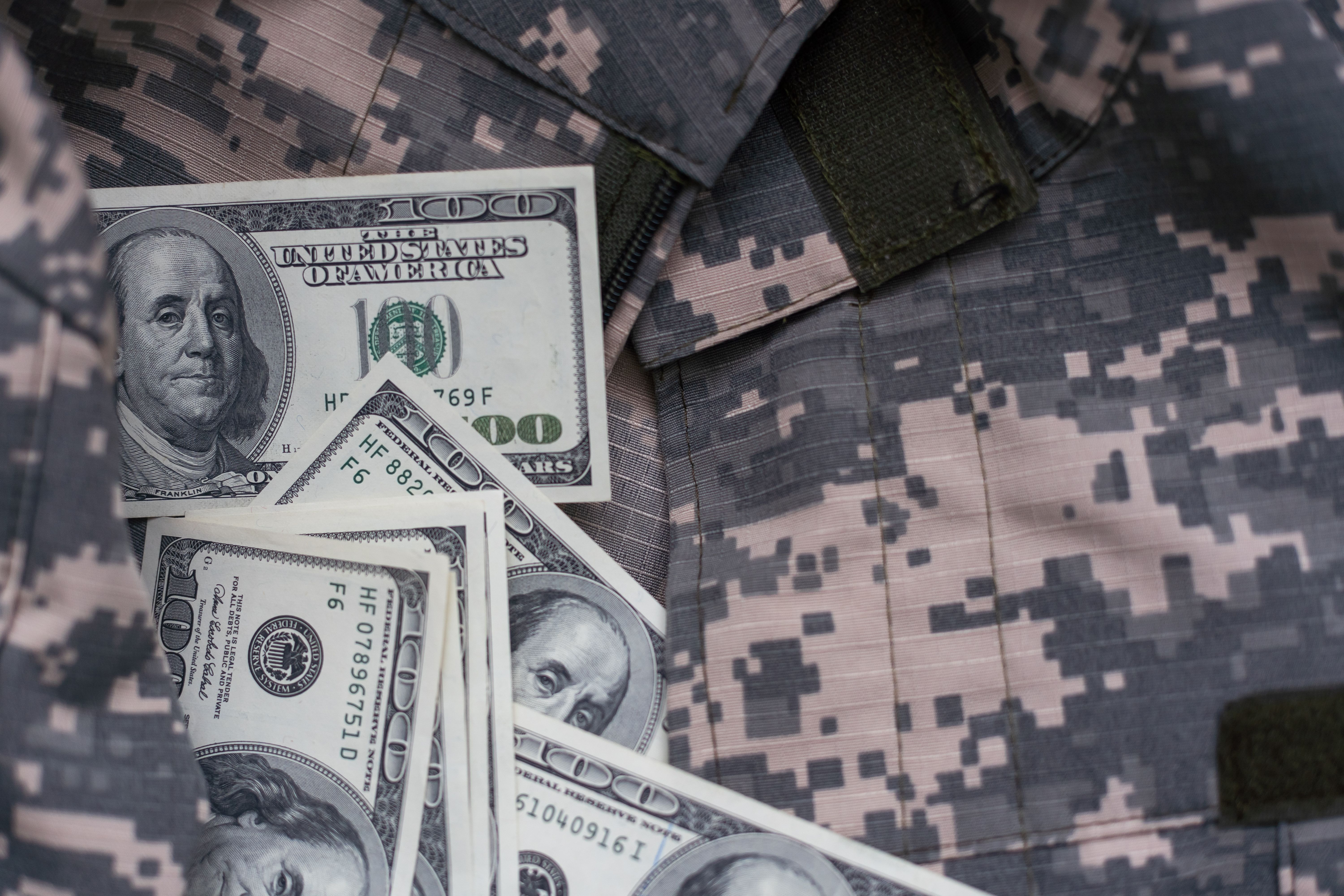- Center on Health Equity & Access
- Clinical
- Health Care Cost
- Health Care Delivery
- Insurance
- Policy
- Technology
- Value-Based Care
Government May Be Paying Twice for Veterans’ Health Care in Medicare Advantage Plans
Between 2011 and 2020, the Veterans Health Administration spent $78 billion on health services for veterans also enrolled in Medicare Advantage.
The federal government may be paying twice for health care services provided to veterans enrolled in Veterans Health Administration (VHA) and Medicare Advantage plans.1
Between 2011 and 2020, the VHA spent $78 billion on health services for veterans who were also enrolled in Medicare Advantage, raising concerns about potential excess federal spending, according to research published in JAMA.
The findings from this study by the Brown University School of Public Health highlights the financial overlap caused by dual enrollment. When veterans use the VHA for health care, the VHA pays for their services. Simultaneously, Medicare Advantage plans, which are privately run, continue to receive fixed payments from the federal government for these veterans’ care, even when they don’t deliver the services.
The number of veterans enrolled in both the VHA and Medicare Advantage increased by 63% between 2011 and 2020 | Image credit: Angelov – stock.adobe.com

“When the federal government pays for care through the Veterans Health Administration and pays Medicare Advantage plans the full amount, it may mean the government is paying twice for the care of the same beneficiaries,” said David J. Meyers, PhD, MPH, assistant professor of health services, policy and practice at Brown University School of Public Health and lead author of the study.2 “These potential overpayments could correspond to substantial additional spending by the federal government.”
The study found that the number of veterans enrolled in both the VHA and Medicare Advantage increased by 63% over the decade studied, jumping from 634,470 in 2011 to 1,033,643 in 2020.1 As this population grew, so did VHA spending, which rose from $4.5 billion in 2011 to $12.1 billion in 2020. By 2020, these dual enrollees accounted for 11.8% of total VHA spending.
Outpatient care made up the largest share of VHA spending for dual enrollees, totaling $5.7 billion in 2020. Inpatient care followed at $2.8 billion, with pharmacy services accounting for $2 billion and community care for $1.6 billion. Despite having the lowest total, community care saw the largest increase in spending, growing by 370% since 2011. Meanwhile, outpatient care spending increased by 220%, pharmacy spending by 200%, and inpatient care by 140%.
Meyers highlighted 2 potential solutions to the overpayment problem.2 One option would be to reduce the payments that Medicare Advantage plans receive for beneficiaries who also have VHA coverage. Another—more viable, according to Meyers—solution would allow the VHA to seek reimbursement from Medicare Advantage plans for care delivered through the VHA. Meyers emphasized that seeking reimbursement makes the most sense, as it would ensure veterans receive seamless coverage regardless of where they access care.
Currently, under Section 1862 of the Social Security Act, the Department of Veterans Affairs (VA) does not bill Medicare or Medicare Advantage for services it provides. However, the VA does bill private insurers for certain nonservice-connected care, which directly supports the VHA’s funding. The researchers suggested expanding this policy to Medicare Advantage plans, allowing the VHA to recoup funds for services provided.1
“There should be an opportunity for the Veterans Health Administration to seek reimbursement from Medicare in order to be able to afford to deliver the care that veterans need and deserve,” Meyers said.2
Funding for the research was provided by the Providence Veterans Affairs Medical Center’s Center of Innovation.
References
1. Meyers DJ, Schwartz AL, Jiang L, Yoon J, Trivedi AN. Spending by the Veterans Health Administration for Medicare Advantage dual enrollees, 2011-2020. JAMA. Published online October 2, 2024. doi:10.1001/jama.2024.18073
2. Federal government may be paying twice for care of veterans enrolled in Medicare Advantage plans. News release. Brown University. October 4, 2024. Accessed October 7, 2024. https://www.eurekalert.org/news-releases/1060329
